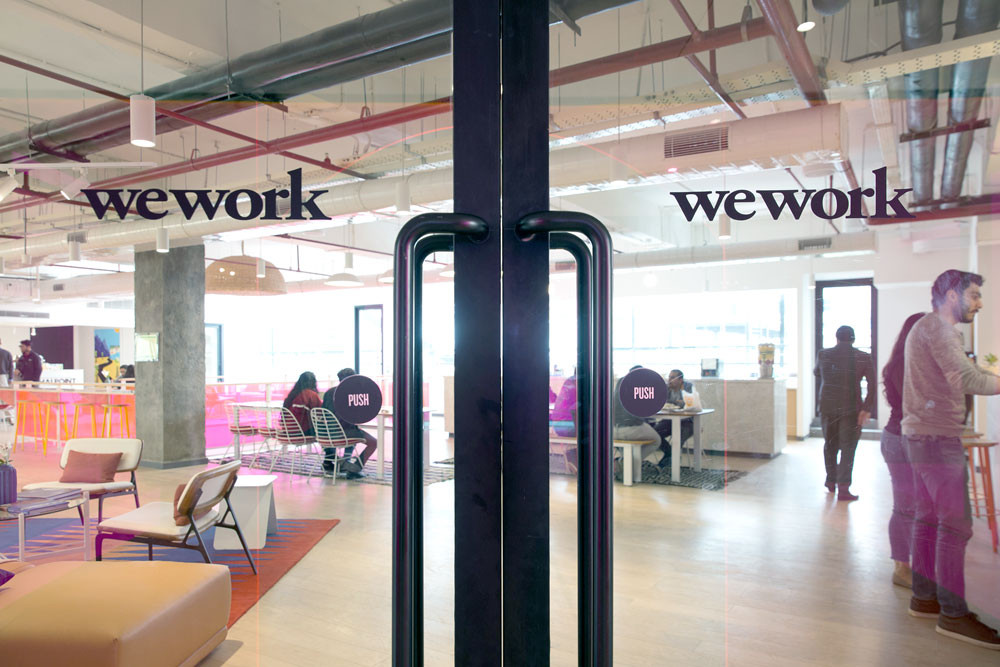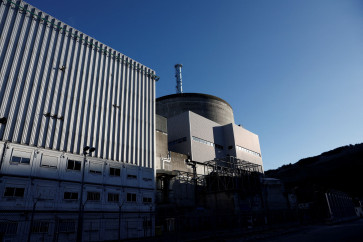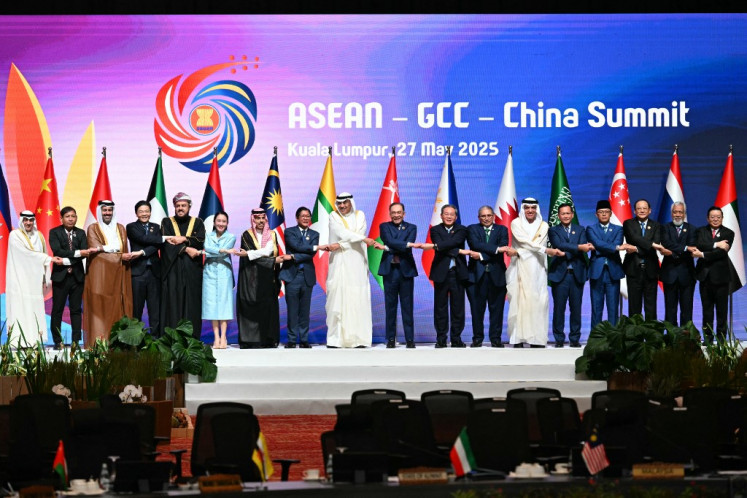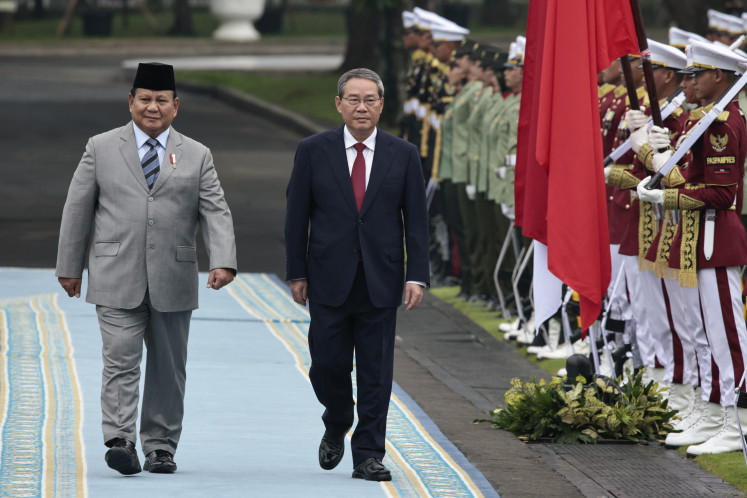Networking defines future of work: WeWork
In the aftermath of the pandemic, people are yearning for face-to-face encounters and connections beyond their own company and industry. Interaction fosters innovation, and coworking spaces sense a new opportunity.
Change text size
Gift Premium Articles
to Anyone

I
n the aftermath of the pandemic, people are yearning for face-to-face encounters and connections beyond their own company and industry. Interaction fosters innovation, and coworking spaces sense a new opportunity.
“Individuals want access to a diverse range of business communities, networking opportunities and the flexibility to work from any location globally,” Dylan Burke from coworking space provider WeWork told The Jakarta Post on Monday.
A desire for networking opportunities, coupled with the growing need for flexibility to work from anywhere, will drive demand for coworking spaces, according to Burke, who oversees WeWork’s portfolio in the region.
Headquartered in New York City, the United States, WeWork is a global network of coworking spaces that offers flexible workspaces worldwide.
“Within WeWork, we see entrepreneurs looking to connect with companies for opportunities, start-ups networking with one another, and large [multinational corporations] hosting local and overseas delegates,” he added.
He gave a few examples of that, such as “a technology-focused company leveraged our network to collaborate with companies in the community to trial technology solutions and gain feedback on the user experience. Another medical tech company also organized free talks for our members during the pandemic.”
Rapid rebound on occupancy rates
WeWork says its occupancy rate in the Asia-Pacific region encompassing Southeast Asia, Korea and Australia was 83 percent in this year’s first quarter, making it the highest globally when excluding the franchise markets.
The company reported a surge in interest and demand for event spaces and conference room bookings.
In Jakarta specifically, meeting room bookings more than tripled in the first quarter of 2022 compared with the first quarter of the preceding year, reflecting companies’ growing demand for in-person meetings and events.
Dylan explained that a crucial aspect of coworking spaces was the “unique community” found in each location, enabling coworking space users to engage with different companies and industries beyond their own.
“The diverse ecosystem of industries also facilitates interactions and networking among our members,” he added.
Tenants demand flexibility
“Tenants of today’s offices are loudly demanding more flexibility and certainty when it comes to their office space,” said Dylan, pointing out that the pandemic had, in fact, driven demand for flexible space.
Clients view WeWork as “a landing pad [and step] into our building with an almost plug and play experience,” said Dylan.
“I connect [with the clients], we agree on a price. Once signed, they can move in the next day [...]. They can get on a flight, arrive and tap into the building and have all the services [provided],” he continued.
The conventional commercial real estate model designed for a traditional work week fails to satisfy the new demand for flexibility, according to Dylan, who added that “Companies would not want to commit to a 10-to-15-year lease agreement, especially in the face of inflation and operational pressures.”









